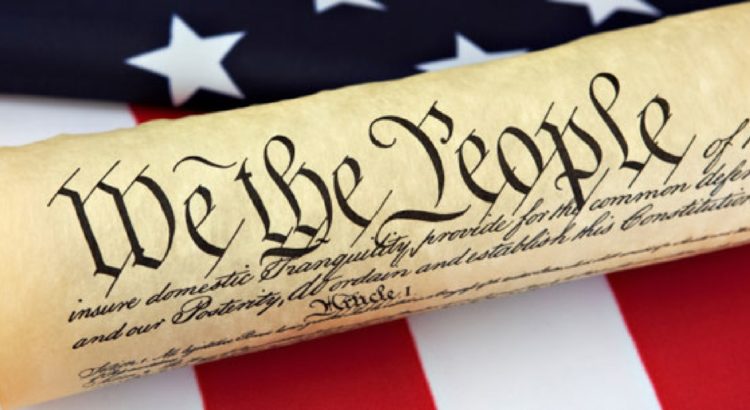As I pointed out in the past essay in this series (The Preamble – Part I), the Preamble is not an actual part of the Constitution, meaning it carries no weight as “law”, but rather serves as a broad, thematic statement as to the purpose for which the Constitution’s articles (and subsequent amendments) were written, and in turn, the purpose for which those citizens in 1787 were forming the new government which sprang from the Constitution.
This understanding of the function of a preamble to any document and how broad, general statements, cannot be applied to mean anything and everything is to be permitted, is critical to grasping how the intent of the Constitution was to limit the power of government and expand the freedom and liberties of the citizenry.
This is clear from two perspectives. One is grammatical, the other is from the pen of James Madison. Grammatically, the Preamble states that what is to follow in the Constitution has a distinct and limited purpose as indicated by the phrase “in Order to.” This would indicate that anything outside the scope of the six actions that follow is not something within the purview of the national government. The Constitution charges the government to perform six actions, indicated by the verbs “form”, “establish”, “ensure”, “provide”, “promote” and “secure.” I will be examining each of these six functions in the weeks to come, but, as we go through a study of them, remember these words of Madison when he was expounding on the structure of Article I, Section 8 of the Constitution in The Federarlist No. 41 regarding how to interpret general phrases:
“But what color can the objection have, when a specification of the objects alluded to by these general terms immediately follows, and is not even separated by a longer pause than a semicolon? If the different parts of the same instrument ought to be so expounded, as to give meaning to every part which will bear it, shall one part of the same sentence be excluded altogether from a share in the meaning; and shall the more doubtful and indefinite terms be retained in their full extent, and the clear and precise expressions be denied any signification whatsoever? For what purpose could the enumeration of particular powers be inserted, if these and all others were meant to be included in the preceding general power? Nothing is more natural nor common than first to use a general phrase, and then to explain and qualify it by a recital of particulars. But the idea of an enumeration of particulars which neither explain nor qualify the general meaning, and can have no other effect than to confound and mislead, is an absurdity, which, as we are reduced to the dilemma of charging either on the authors of the objection or on the authors of the Constitution, we must take the liberty of supposing, had not its origin with the latter.”
It is the specifics delineated in the Constitution that explain in what manner the government is to carry out these six broad commissions given to it by “We the People” that we will be examining in the coming essays.
- November 17, 2017
